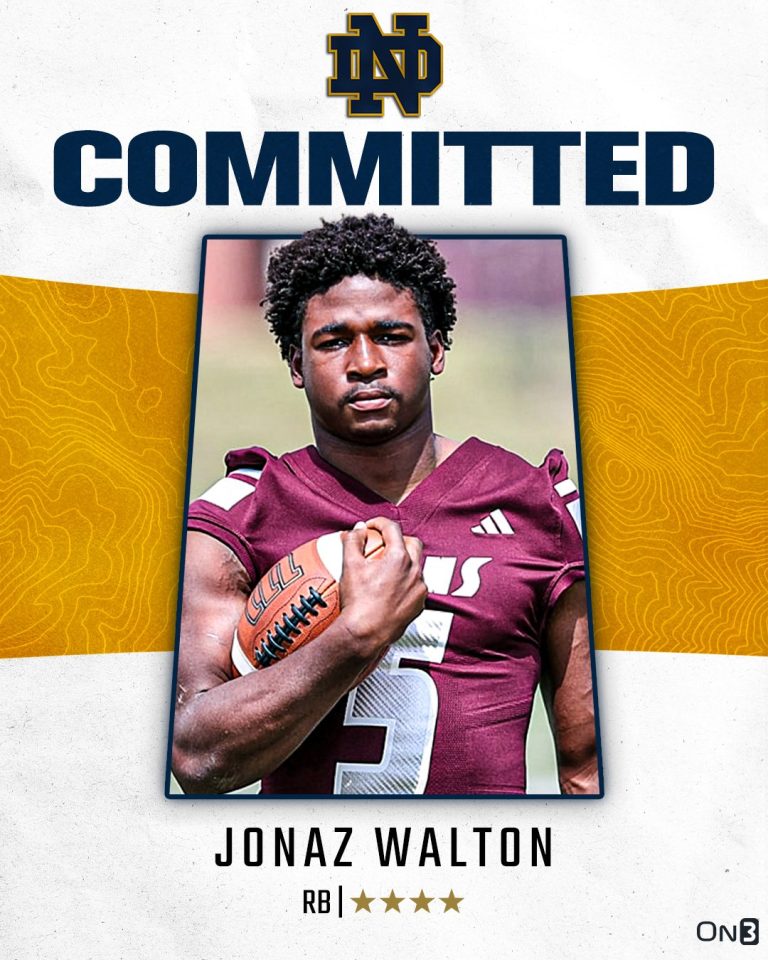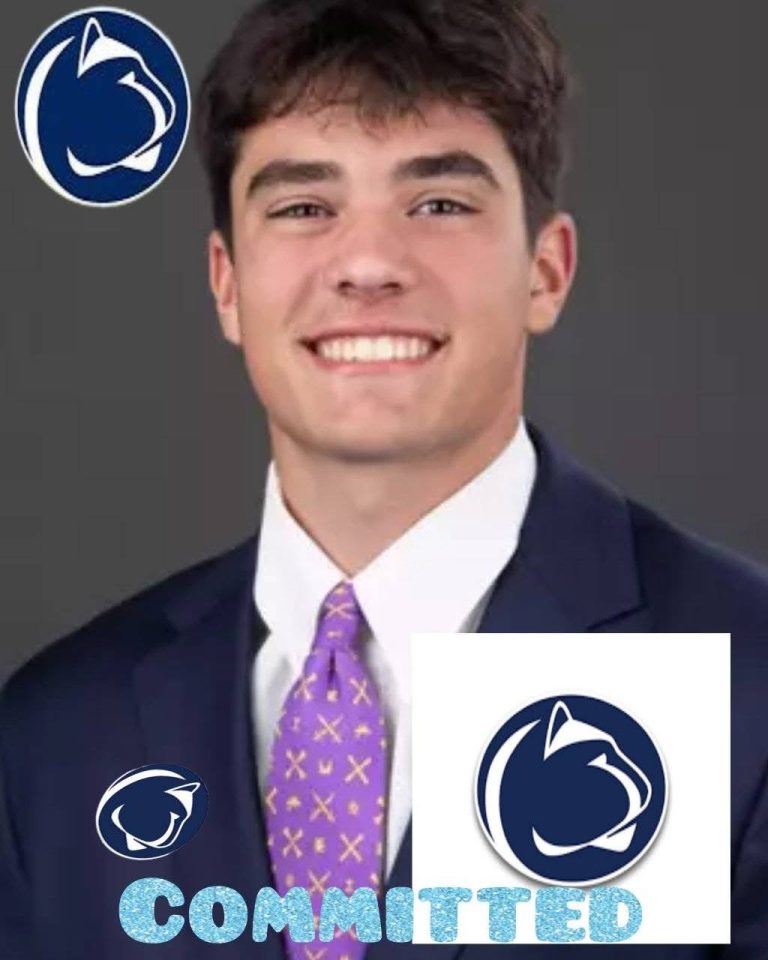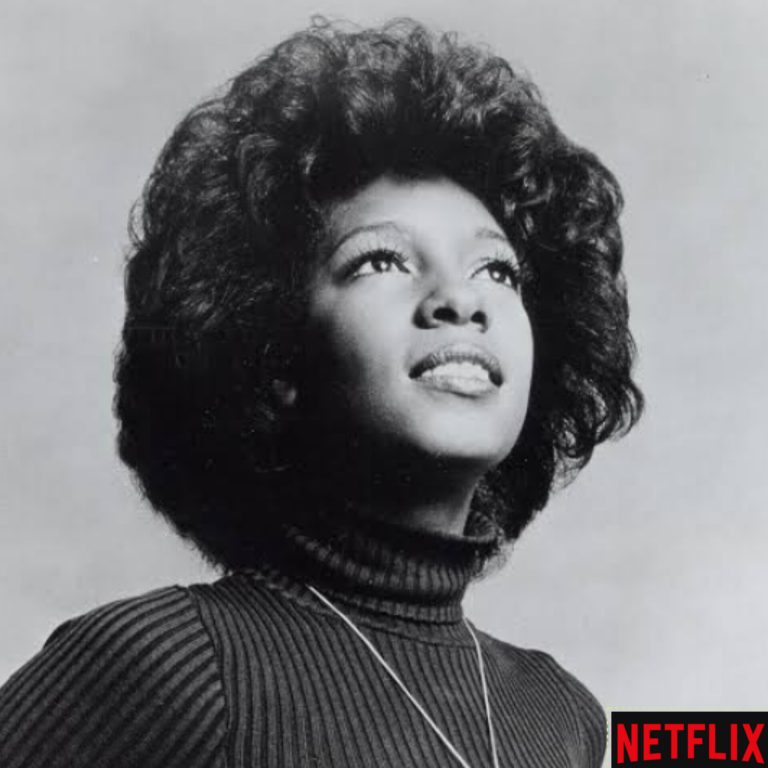Notre Dame Football Must Avoid Tennessee’s ‘Talent Fee’ Approach
As Notre Dame football navigates the rapidly evolving landscape of college athletics, it faces significant challenges in addressing issues related to player compensation and revenue generation. The recent announcement from the Tennessee Volunteers about implementing a “talent fee” serves as a cautionary tale for the Fighting Irish. As Notre Dame considers its next steps, it is imperative that the leadership remains far removed from Tennessee’s approach.

Understanding Tennessee’s Talent Fee
Tennessee’s “talent fee” is essentially a surcharge on ticket prices, designed to fund a revenue-sharing pool for athletes. Starting in 2025, fans can expect an average price increase of 14.5 percent for tickets at Neyland Stadium, including an initial hike of 4.5 percent for single-game and season tickets, followed by an additional 10 percent specifically labeled as a “talent fee.” This structure not only raises eyebrows but also invites backlash from fans who are already contributing significant funds to support their teams.
The justification provided by Tennessee’s administration is that increased revenues are necessary to meet the financial demands of compensating players in an era dominated by NIL (Name, Image, Likeness) deals. However, the optics of a program asking its fans to bear the brunt of these costs, while also compensating highly-paid coaches and administrators, is troubling.
The Implications for Notre Dame
For Notre Dame, a program rich in tradition and values, adopting a similar strategy could alienate its fanbase and tarnish its reputation. The Fighting Irish have long prided themselves on their unique standing in college football, combining academic excellence with athletic prowess. A move to impose a “talent fee” could be perceived as a betrayal of the loyalty shown by fans over the decades.
By raising ticket prices under the guise of a “talent fee,” Notre Dame would risk fostering resentment among supporters who feel exploited. The University’s history is rooted in a sense of community and shared commitment; asking fans to pay more to support players while high-level executives and coaches receive significant salaries would clash with this ethos

Finding Alternative Solutions
Leadership at Notre Dame must explore alternative avenues for funding player compensation that do not place the financial burden on loyal fans. Innovative solutions could include:
1. **Corporate Partnerships**: Leveraging the University’s strong brand to establish lucrative partnerships with businesses can provide alternative revenue streams. By engaging in sponsorships that promote both the university and its athletic programs, Notre Dame can generate funds without directly increasing costs for fans.
2. **Alumni Engagement**: The Fighting Irish have a passionate and dedicated alumni network. Establishing targeted fundraising campaigns or initiatives that encourage alumni contributions can bolster financial resources while fostering a sense of community.
3. **Enhanced Marketing Strategies**: Developing marketing campaigns that emphasize the unique aspects of the Notre Dame experience can attract new fans and increase ticket sales without raising prices. Highlighting the university’s storied history, gameday atmosphere, and commitment to excellence can draw in larger crowds.
4. **Dynamic Ticket Pricing**: Implementing dynamic pricing strategies, where ticket costs fluctuate based on demand, can maximize revenue without imposing a blanket fee increase. This approach allows fans to choose from various pricing tiers based on their preferences and willingness to pay.
5. **Exploring Digital Revenue**: The rise of streaming services and digital content presents a significant opportunity for revenue generation. By capitalizing on the digital landscape, Notre Dame can expand its reach and monetization strategies.
The Need for Thoughtful Leadership
As Notre Dame football grapples with the changing dynamics of college athletics, its leadership must remain thoughtful and strategic. The looming challenges around player compensation and revenue sharing necessitate a proactive approach. Emulating Tennessee’s talent fee model would not only risk alienating fans but also undermine the values that make Notre Dame unique.
The decision-makers in South Bend have an opportunity to set a precedent in college sports by exploring creative and community-focused solutions to address the financial realities of the modern landscape. By prioritizing the interests of fans and maintaining the integrity of the program, Notre Dame can navigate this transitional period successfully while continuing to uphold its esteemed legacy.
In conclusion, as the landscape of college football continues to shift, Notre Dame must stay true to its values and consider innovative solutions that do not exploit its loyal fanbase. The stakes are high, and the path forward must be carefully navigated to ensure that the Fighting Irish remain a respected and cherished institution in college sports.






Can you be more specific about the content of your article? After reading it, I still have some doubts. Hope you can help me.
Your article helped me a lot, is there any more related content? Thanks!